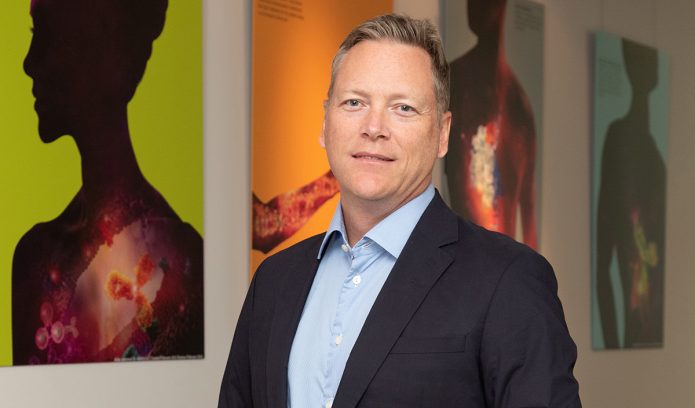• Parallel drawn with HRT in women
• Decades of research needed for conclusion
For years doctors have been dealing with requests from women to have their hormone levels checked. As with other social trends—personal grooming, for example—men are now getting in on the action.
This is not something that is being driven by doctors, and at first I found myself at a loss regarding how to reply when healthy men want to have their sex hormone levels evaluated.
Looking for a reason behind this sudden interest, I started asking questions. It turns out that at some corporate outings, along with bland, sensible and rather obvious health advice to avoid drinking alcohol heavily on weekdays and to exercise regularly, executives have been told to get their testosterone levels checked.
Again, I wondered why. The concept being pushed is that people who have lower levels of sex hormones need to be identified and treated.
In the US, pharmaceutical firms have spent millions of dollars in recent years on direct advertising to consumers to embed this idea into popular consciousness.
On examining the contents of these ads, it is easy to see how low testosterone is becoming a rising concern among men.
Typically, advertising suggests that problems such as low energy or poor athletic endurance can be caused by a deficit of sex hormones. The solution? Find out whether you have “Low T”.
It is true that many men do feel better with more testosterone in their systems and sales of various testosterone drugs have been increasing sharply since this revelation. The appeal of the message is apparent.
The presence of high testosterone levels conjures up images of enhanced virility and a body-builder physique. Also, a small group of men do have markedly low testosterone for a variety of reasons.
The line separating those men for whom this is a disease and those who normally have low testosterone levels is blurred, however. Still, there seems to be a sense of urgency to regard a growing number of men as being in need of treatment.
The response to this trend in the medical community has been generally less than enthusiastic. As one doctor friend casually remarked, “Won’t it just give you a bald head and a hairy bottom”?
Personally, my greatest concern is that men have forgotten a similar, unfortunate lesson regarding hormone treatment that affected women in the 1980s.
At that time, hormone replacement therapy (HRT) for menopausal women was widely touted as a panacea for all that ailed, and the therapy earned a reputation as the elixir of youth. HRT made menopausal women feel better, and the medical community had high hopes that it would also reduce the risk of serious problems such as heart disease.
Regrettably, extensive studies carried out over several years abruptly ended the party.
While HRT helped with menopausal symptoms and often reduced the risk of women developing osteoporosis, the studies concluded it offers no measurable benefit in reducing the risk of heart disease and actually increases women’s risk of breast cancer.
That risk is only slightly amplified, but it is enough to be viewed with caution.
Though HRT is still used, doctors prescribe it far more conservatively than they did in the past, and should be discouraging women from taking HRT for extended periods.
What does this have to do with men today and their sudden thirst for more testosterone?
The takeaway here is that there was a lag of decades between the widespread introduction of female HRT and the availability of quality information from representative medical trials. The trials resulted in the detection of these small but significant increases in cancer risks.
At present there is no widely accepted evidence linking testosterone replacement to prostate cancer. Nevertheless, there are theoretical concerns that in men who already have tiny, undetected islands of cancer in the prostate, extra testosterone might cause them to grow more quickly.
Some studies have shown that men with naturally higher levels of testosterone appear to have a heightened risk for prostate cancer, but information is conflicting on this front.
There are also concerns that extra testosterone may predispose men to develop benign prostatic hyperplasia—non-cancerous enlargement of the prostate.
It may well turn out that these concerns are unfounded. Or, there may be a very small increase in the risk of developing prostate conditions due to testosterone treatment, and this may be a risk that men are prepared to accept.
Unfortunately, a clear determination of such risk factors often requires a large quantity of information collected from many thousands of individuals over a long period.
Thus, the degree to which testosterone replacement is safe will not be known until enough information is gathered from men receiving treatment over the next few decades.






